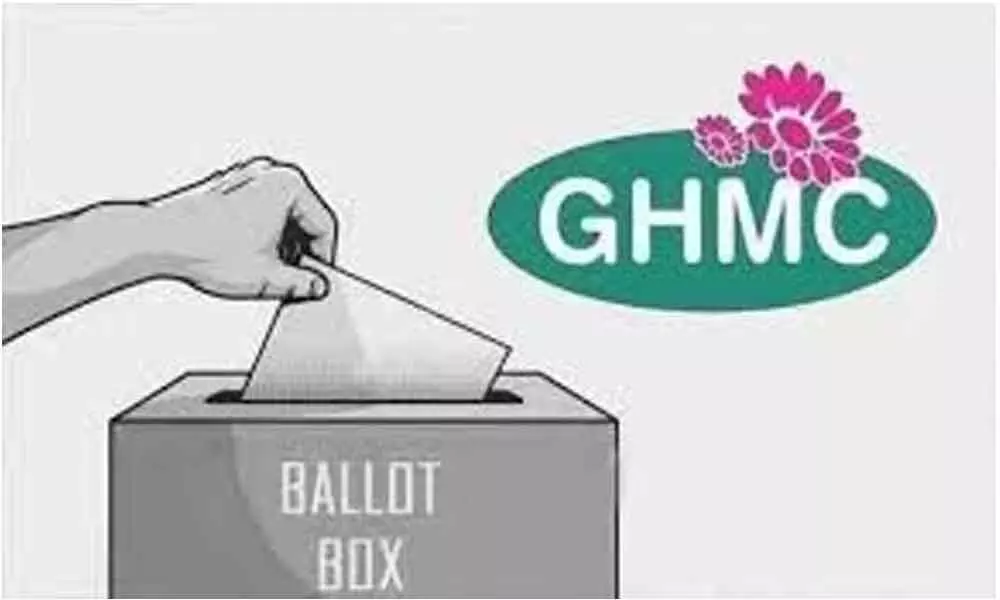GHMC elections and a half-approved Mayor

GHMC elections and a half-approved Mayor
Voting should be incentivised and made a fundamental duty of the citizen
The State Election Commission notified the schedule for elections of the Mayor and Deputy Mayor of Greater Hyderabad, but can we consider this low voter turnout results as a fully-approved mandate from the voting citizens of Hyderabad? Recent statistics across India like GHMC local body elections and Bihar state elections indicates that the voter turnout is between 45 –55 per cent.
Low voter turnout affects the electoral outcome and is a potential threat to our democratic values. It is a warning sign indicating the interest of citizens in policymaking.
Union Law Minister Ravi Shankar Prasad in 2016 said that voting by every Indian citizen should be included in the Constitution as a fundamental duty, but will that be an airy-fairy idea by adding 12th fundamental duty in a rights-conscious nation? Will Freedom of expression mean not only providing voters with the right to vote but also the right to not vote? Then what is the object of introducing NOTA?
Well, the debate of introducing voting as fundamental duty started long back in 1998 when a committee on operationalising suggestions to teach fundamental duties to the citizens of India under the chairmanship of Justice J S Verma opined that the duty to vote at elections, actively participate in the democratic process of governance and to pay taxes should be included in Article 51A of the Constitution.
Later, in the year 2000, the National Commission to review the working of Constitution reiterated the same. Further, in 2009, Gujarat Local Authorities Laws (Amendment) Act, advocated compulsory voting for the first time in India but the High Court of Gujarat stayed the above rule.
Unlike The 2009 Act which empowers the State government to take punitive action against those who do not vote in the local body elections as H S Brahma, the Chief Election Commissioner rightly reacted by questioning, "What if we have a similar law at the Centre, and out of 83 crore-plus voters, 10 per cent choose not to vote?
Will you put 80 million voters in jail or impose fines on them? Do we have jails to accommodate 80 million voters?"
A practical and manageable option is by Introducing voting as a fundamental duty. This will not serve the purpose unless it is coupled with some subsidy or basic government schemes. The inception of voter's record following the due process of law will succour the government in this task.
Apart from that The Election Commission of India in 2019 Lok Sabha Election has introduced Electronically Transmitted Postal Ballot System (ETPBS) which has recorded the highest service voter turnout ratio. In this Secrecy and no duplication can be possible due to the unique quick response code.
This system can be extended on trial and run basis to the general voters as it increases flexibility. Identifying grey areas through previous election data and focusing on them can aid this cause. Ultimately there is no reason to make more fuss about the low voter turnout unless the politically conscious citizens can assert the advantage of high voter turnout.
(The author is a 4th-year student of University College of Law, Osmania University)














